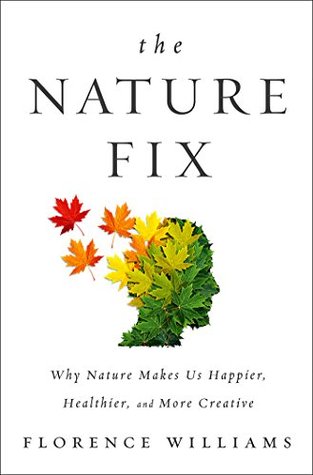More on this book
Community
Kindle Notes & Highlights
Read between
May 17 - May 20, 2020
people are happiest when they are well enmeshed in community and friendships, have their basic survival needs met, and keep their minds stimulated and engaged, often in the service of some sort of cause larger than themselves.
Richard Louv, author of the 2008 bestseller Last Child in the Woods,
Chichibu-Tama-Kai National Park, a ninety-minute train ride from Tokyo,
breathe in for a count of seven seconds, hold for five, release. “Concentrate on your belly,” he said.
“Why do the Japanese think about nature so much?” I asked Miyazaki, who was preparing to eat a manta ray. “Don’t Americans think about nature?” he asked me. I considered. “Some do and some don’t.” But I was thinking, an amazing amount of us don’t, given our downward trends in outdoor time and visits to parks. “Well,” he mused. “In our culture, nature is part of our minds and bodies and philosophy. In our tradition, all things are relative to something else. In Western thought, all things are absolute.”
“The difference is in language,” he continued. “If I ask you, ‘Is a human a dog?’ you say, ‘No, a human is not a dog.’ In Japan, we say, ‘Yes, a human is not a dog.’ The great sensei of nature research peered at me over his chopsticks. I was reminded of the story of the Zen student who asks his teacher, “How do you see so much?” and the teacher responds, “I close my eyes.”
our parasympathetic system—sometimes called the “rest and digest” branch
“If you have time for vacation, don’t go to a city. Go to a natural area. Try to go one weekend a month. Visit a park at least once a week. Gardening is good. On urban walks, try to walk under trees, not across fields. Go to a quiet place. Near water is also good.”
is showing how exercise protects the brain from cognitive decline in aging.
Among his dozens of influential studies are those showing that exercise causes new brain cells to grow, especially in areas related to memory, executive function and spatial perception.
His well-regarded studies show that heavy media multitaskers have an impaired ability to focus on cognitively demanding tasks. Furthermore, his study of 2,300 preteen girls showed those with the highest rates of media use were less developed socially and emotionally than their peers.


